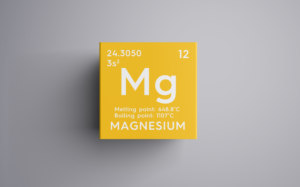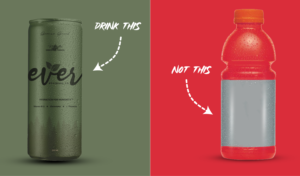
Hydration is crucial for maintaining optimal performance, especially for those with active lifestyles. While water is essential, the role of electrolytes, particularly potassium, is often overlooked.
In this post, we explore the importance of potassium in hydration and performance, and how it impacts our overall well-being.
The Role of Potassium in Hydration and Performance
Potassium is a vital mineral and electrolyte that is essential for maintaining fluid balance in the body, especially during periods of physical activity. It is predominantly located inside cells, where it helps regulate cell hydration, muscle contractions, and nerve impulses.
One of the key functions of potassium is its role in the sodium-potassium pump, which helps maintain the balance of sodium and potassium inside and outside of cells. This balance is critical for proper muscle function, including the contraction and relaxation of muscles.
During exercise, the body loses potassium through sweat, along with other electrolytes like sodium. This loss can lead to an imbalance of electrolytes, which can result in muscle cramps, fatigue, and decreased performance.
Low potassium levels can also contribute to dehydration, as potassium helps regulate the body’s fluid levels. Dehydration can impair physical performance and cognitive function, making it essential to maintain adequate potassium levels, especially for athletes and individuals with active lifestyles.
In addition to its role in hydration and muscle function, potassium also plays a role in nerve function and cardiovascular health. Adequate potassium intake has been linked to lower blood pressure, reduced risk of stroke, and improved cardiovascular health.
Potassium is a crucial nutrient for maintaining hydration, supporting muscle function, and promoting overall health and well-being, particularly for individuals engaged in regular physical activity. Including potassium-rich foods in your diet, such as fruits, vegetables, and legumes, can help ensure you are meeting your potassium needs and supporting optimal hydration and performance.
Hydration and Exercise: The Crucial Connection
Physical activity, especially strenuous exercise, causes the body to sweat, leading to the loss of water and electrolytes, including potassium. This loss can disrupt the delicate balance of fluids and electrolytes in the body, impacting performance and overall health.
Potassium, an essential electrolyte, is particularly crucial for athletes and active individuals. It plays a vital role in maintaining proper muscle function, nerve signaling, and fluid balance. When potassium levels are low, muscles may not contract effectively, leading to muscle weakness, cramps, and fatigue.
Dehydration, a common consequence of inadequate fluid intake during exercise, can significantly impair physical performance and increase the risk of heat-related illnesses, such as heat exhaustion or heatstroke. It is essential for athletes and active individuals to prioritize hydration before, during, and after exercise to prevent these issues.
To maintain optimal hydration and performance, athletes should consider the following tips:
- Pre-hydration: Drink plenty of fluids before starting exercise to ensure proper hydration levels.
- During exercise: Consume fluids regularly, especially in hot or humid conditions, to replace fluids lost through sweat. Sports drinks containing electrolytes, including potassium, can be beneficial for prolonged or intense exercise sessions.
- Post-exercise: Replenish fluids and electrolytes lost during exercise by consuming potassium-rich foods and beverages. This will help restore hydration and support muscle recovery.
- Monitor hydration status: Pay attention to thirst, urine color, and body weight to gauge hydration levels. Dark urine and significant weight loss may indicate dehydration.
Incorporating potassium-rich foods, such as bananas, oranges, potatoes, and leafy greens, into your diet can help ensure an adequate intake of this essential mineral. By prioritizing hydration and potassium intake, athletes and active individuals can support optimal performance, muscle function, and overall health.
Sources of Potassium: Fueling Your Body Right
Potassium is abundant in a wide array of foods, making it relatively easy to incorporate into your daily diet. By including potassium-rich foods in your meals, you can help maintain optimal levels of this essential mineral and support overall hydration and performance.
Fruits are excellent sources of potassium, with bananas leading the pack. Oranges, cantaloupes, and honeydew melons are also great choices. These fruits not only provide potassium but also offer hydration due to their high water content, making them ideal for active individuals.
Vegetables such as potatoes (both white and sweet), spinach, and kale are also rich in potassium. Including these veggies in your meals not only boosts your potassium intake but also provides essential vitamins, minerals, and antioxidants that support overall health and well-being.
Legumes, including beans, lentils, and peas, are another excellent source of potassium. They are also rich in fiber and protein, making them a valuable addition to a balanced diet, especially for athletes and individuals with active lifestyles.
Nuts and seeds, such as pistachios, almonds, and sunflower seeds, are also good sources of potassium. They make for a convenient and nutritious snack option that can help replenish electrolytes and support hydration throughout the day.
Dairy products, including milk and yogurt, contain potassium as well. Opting for low-fat or non-fat varieties can help limit saturated fat intake while still providing the benefits of potassium.
Incorporating these potassium-rich foods into your diet can help ensure you are meeting your body’s potassium needs and supporting hydration, muscle function, and overall health. Experimenting with different recipes and meal plans can help you find delicious ways to fuel your body right and stay at the top of your game.

Bananas
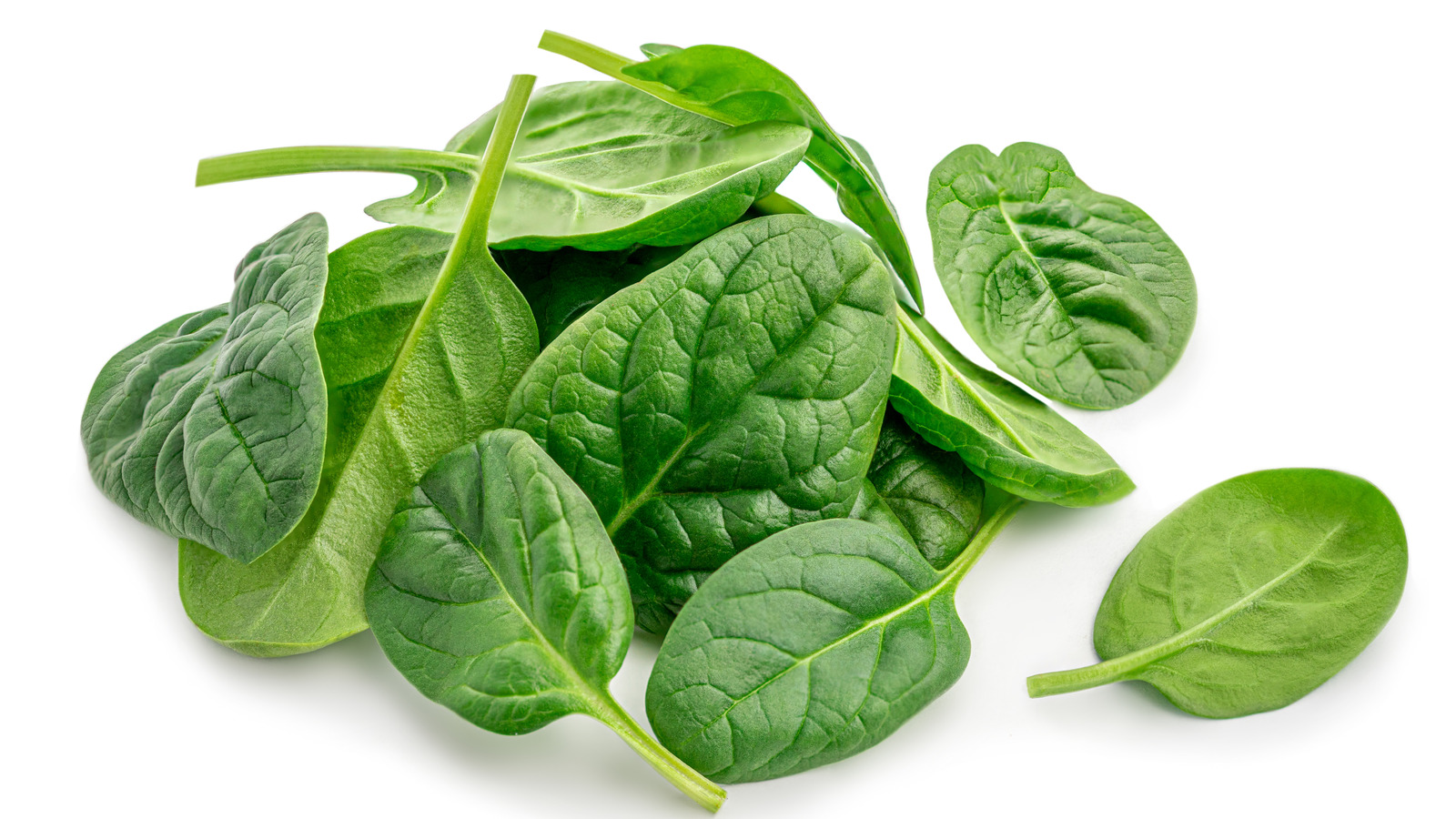
Spinach
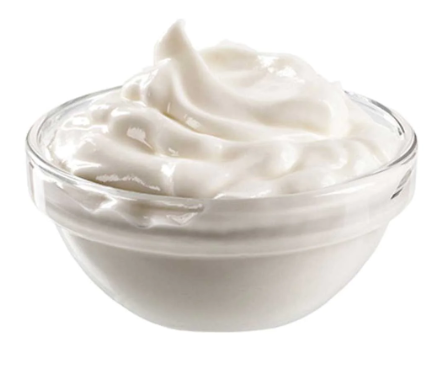
Yogurt

Acorn Squash

Fish
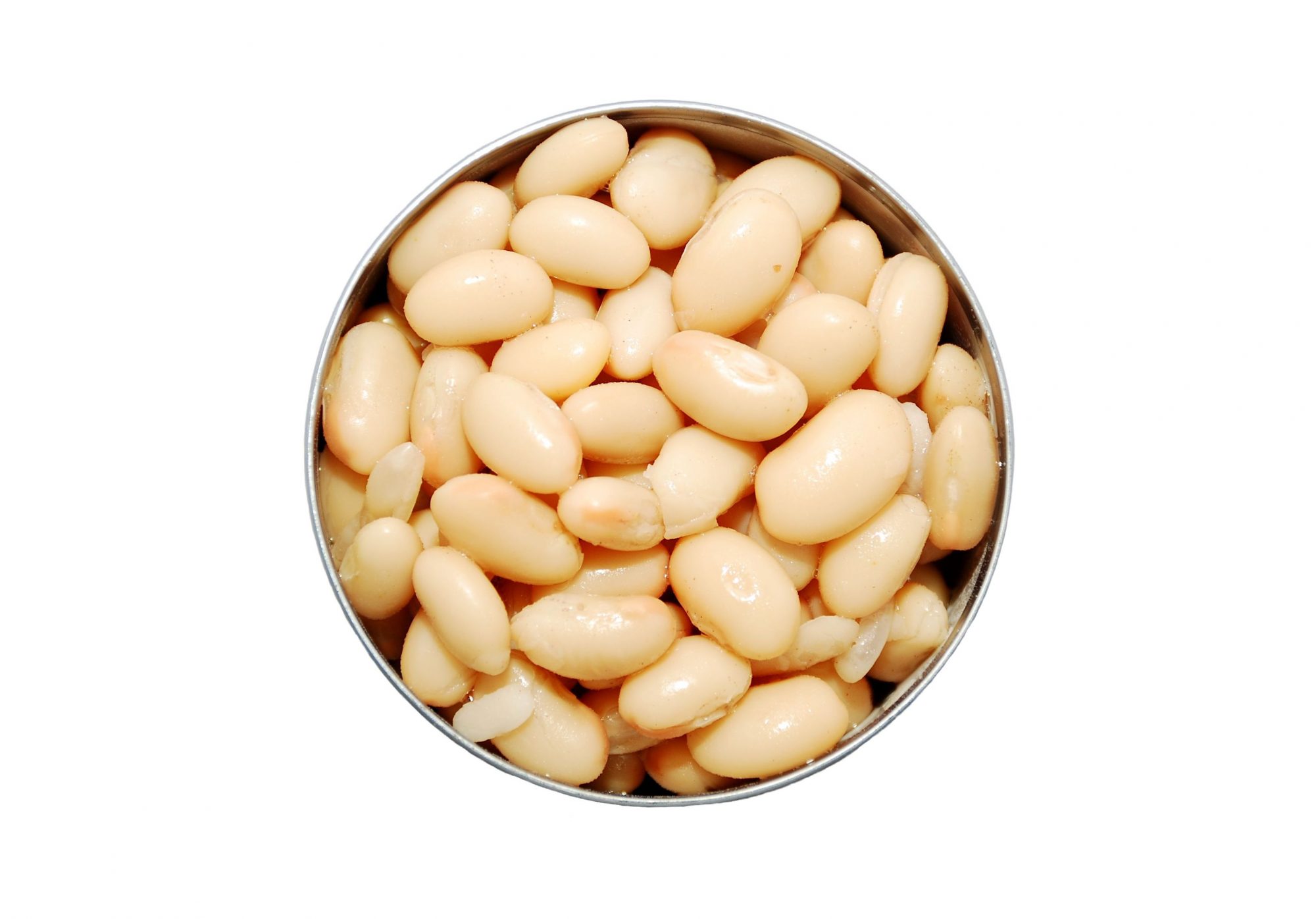
White Beans
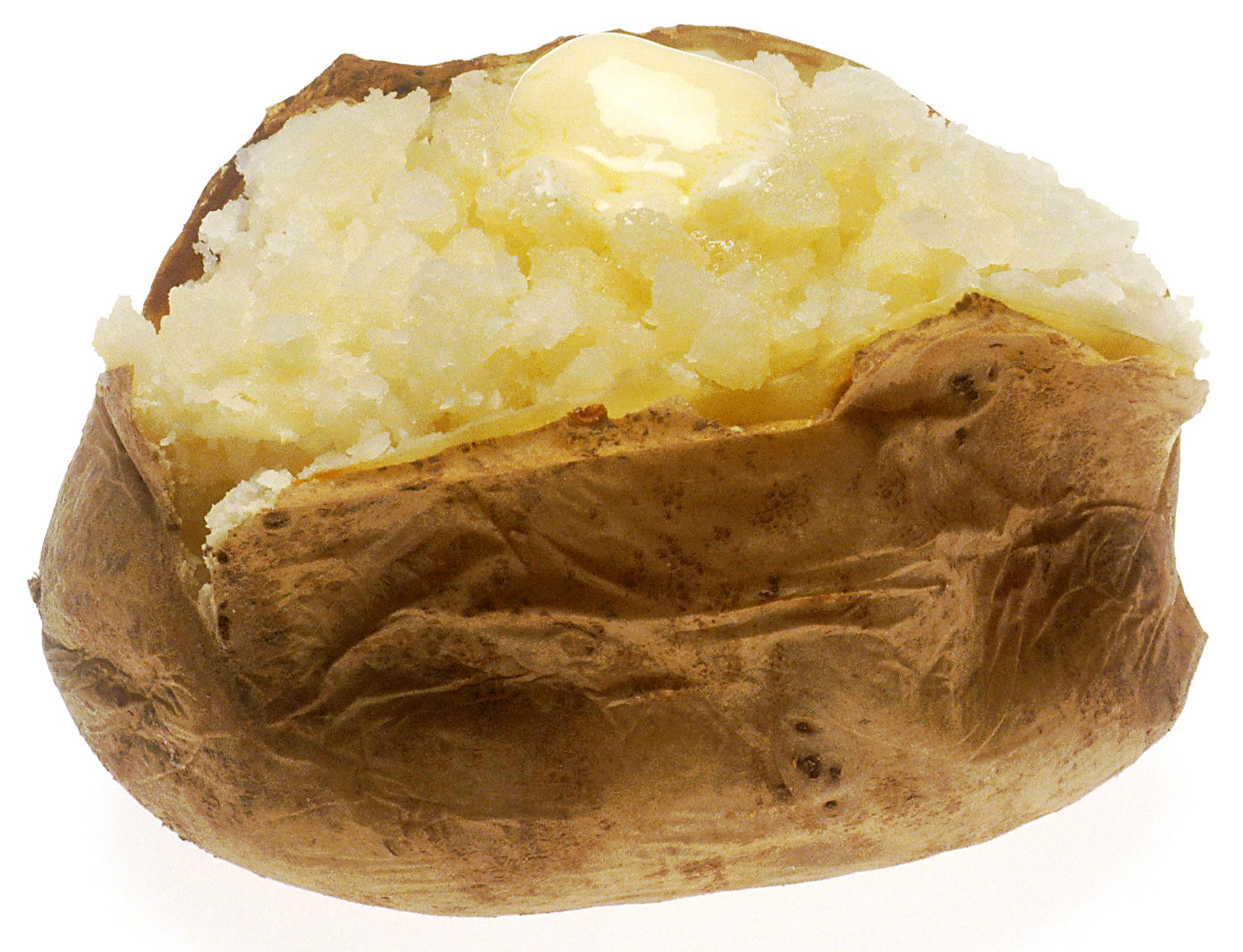
Baked Potato
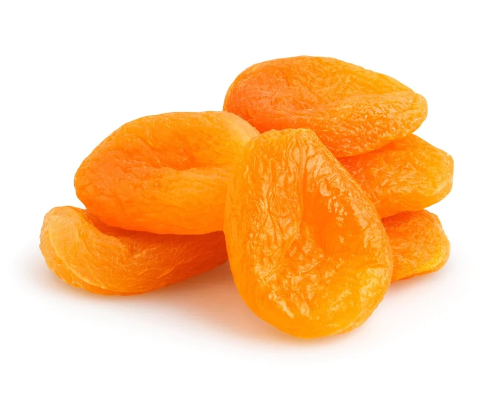
Dried Apricots
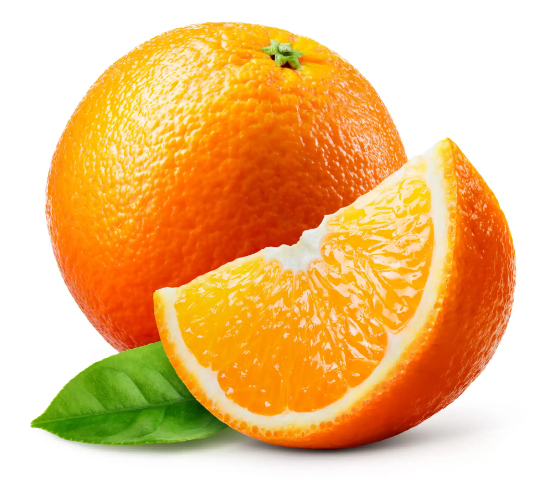
Oranges

Tomato

Avocado

Mushrooms
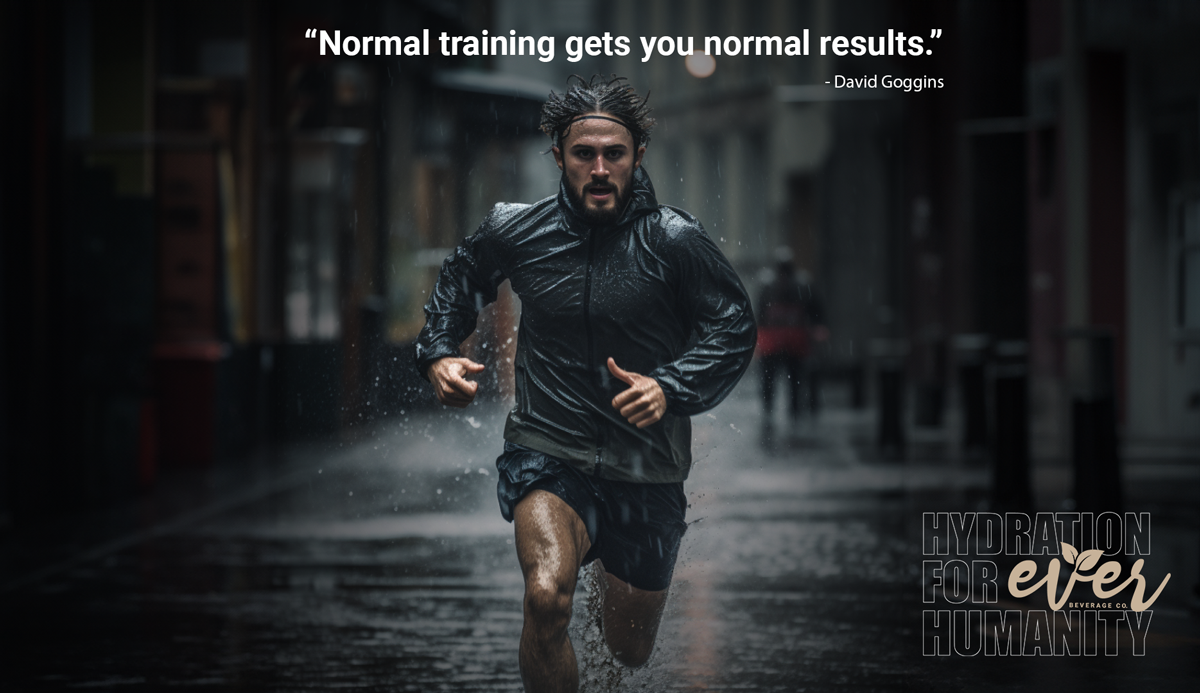
Hydration Tips for Active Individuals: Keeping Your Body Balanced
Staying properly hydrated is essential for anyone leading an active lifestyle. Whether you’re hitting the gym, hitting the trails, or hitting the pavement, here are some comprehensive hydration tips to keep you performing at your best:
Pre-hydration: Start your day with a glass of water and continue to drink water regularly throughout the day. Aim to drink at least 8-10 cups of water daily, and increase your intake before, during, and after exercise.
Include potassium-rich foods: Incorporate potassium-rich foods into your diet, such as bananas, oranges, potatoes, spinach, and avocados. These foods not only provide potassium but also offer other essential nutrients that support overall health and hydration.
Sports drinks or electrolyte supplements: For intense or prolonged exercise sessions lasting longer than an hour, consider using sports drinks or electrolyte supplements to replenish lost electrolytes, including potassium. These can help maintain hydration and support performance during longer workouts.
Monitor hydration status: Pay attention to your body’s signals. Thirst is a sign that your body needs water, so drink water regularly throughout the day, not just when you’re thirsty. Additionally, monitor the color of your urine; clear to light yellow urine indicates adequate hydration, while dark urine may indicate dehydration. Lastly, keeping an eye on your body weight can help you gauge your hydration status. Aim to maintain your weight within a healthy range, as excessive weight loss during exercise can indicate dehydration.
Individualize your hydration strategy: Everyone’s hydration needs are different, so it’s essential to listen to your body and adjust your fluid intake based on factors such as the intensity and duration of your workouts, the weather conditions, and your individual sweat rate.
Advanced Hydration Strategies: Optimizing Performance and Recovery
In addition to the comprehensive tips provided, it’s also important to be mindful of the following factors when it comes to hydration and performance:
Weather conditions: Hot and humid weather can increase sweat rates, leading to greater fluid and electrolyte losses. In these conditions, it’s crucial to increase your fluid intake and consider using electrolyte-rich beverages or supplements to maintain hydration and electrolyte balance.
Individual hydration needs: Everyone’s hydration needs are different and can vary based on factors such as age, gender, weight, fitness level, and activity intensity. It may be helpful to consult with a healthcare professional or sports nutritionist to determine your individual hydration needs and develop a personalized hydration plan.
Hydration beyond water: While water is essential for hydration, other beverages and foods can also contribute to your fluid intake. Foods with high water content, such as fruits and vegetables, can help keep you hydrated. Additionally, beverages like herbal tea and coconut water can provide hydration and electrolytes.
Hydration and recovery: Proper hydration is crucial for post-exercise recovery. Replenishing fluids and electrolytes lost during exercise can help reduce muscle soreness, promote muscle recovery, and restore energy levels. Consider incorporating a combination of water, electrolyte-rich beverages, and nutrient-dense foods into your post-exercise recovery routine.
Avoiding overhydration: While dehydration can impair performance, overhydration can also be detrimental. Drinking excessive amounts of water without adequate electrolyte intake can lead to a condition called hyponatremia, which is characterized by low sodium levels in the blood. To avoid overhydration, drink according to your thirst and monitor your hydration status using the aforementioned cues.

Signs of Potassium Deficiency: Listen to Your Body
Potassium deficiency, also known as hypokalemia, can occur when your body lacks an adequate amount of potassium. Since potassium plays a crucial role in muscle function, nerve signaling, and fluid balance, a deficiency can lead to a range of symptoms that can impact your overall health and performance. Here are some common signs of potassium deficiency to watch out for:
Muscle Weakness and Cramps: Potassium is essential for proper muscle function. A deficiency can lead to muscle weakness, cramps, and spasms, especially during or after exercise.
Fatigue and Weakness: Low potassium levels can cause fatigue and weakness, making it harder to perform daily activities or exercise.
Heart Palpitations: Potassium is important for maintaining normal heart function. A deficiency can lead to irregular heartbeats or palpitations.
Digestive Issues: Potassium helps regulate muscle contractions in the digestive system. A deficiency can lead to constipation, bloating, or abdominal cramping.
Tingling or Numbness: Potassium plays a role in nerve signaling. A deficiency can cause tingling or numbness, especially in the arms, legs, or feet.
Mood Changes: Low potassium levels can affect brain function and mood. You may experience irritability, mood swings, or depression.
High Blood Pressure: Potassium helps regulate blood pressure by balancing the effects of sodium. A deficiency can contribute to high blood pressure.
Increased Urination and Thirst: Potassium helps maintain fluid balance in the body. A deficiency can lead to increased urination and thirst.
If you experience any of these symptoms, especially if they are persistent or severe, it’s essential to consult with a healthcare professional. They can perform tests to determine your potassium levels and recommend appropriate treatment, which may include dietary changes or supplements. By listening to your body and addressing potential deficiencies, you can support your overall health and well-being.
Hydration for Peak Performance: Fueling Your Body Right
Adequate hydration is a cornerstone of peak performance, whether you’re an elite athlete or a weekend warrior. By understanding the role of potassium in hydration, incorporating potassium-rich foods into your diet, and following comprehensive hydration tips, you can optimize your performance and recovery.
Remember, hydration is not just about drinking water; it’s about maintaining a balance of fluids and electrolytes to support your body’s needs. By listening to your body, monitoring your hydration status, and adjusting your fluid intake based on your individual needs, you can stay hydrated and perform at your best.
So, next time you lace up your shoes or hit the gym, make sure you’re properly hydrated. Your body will thank you, and you’ll be one step closer to achieving your fitness goals. Stay hydrated, stay healthy, and keep pushing towards your personal best.



